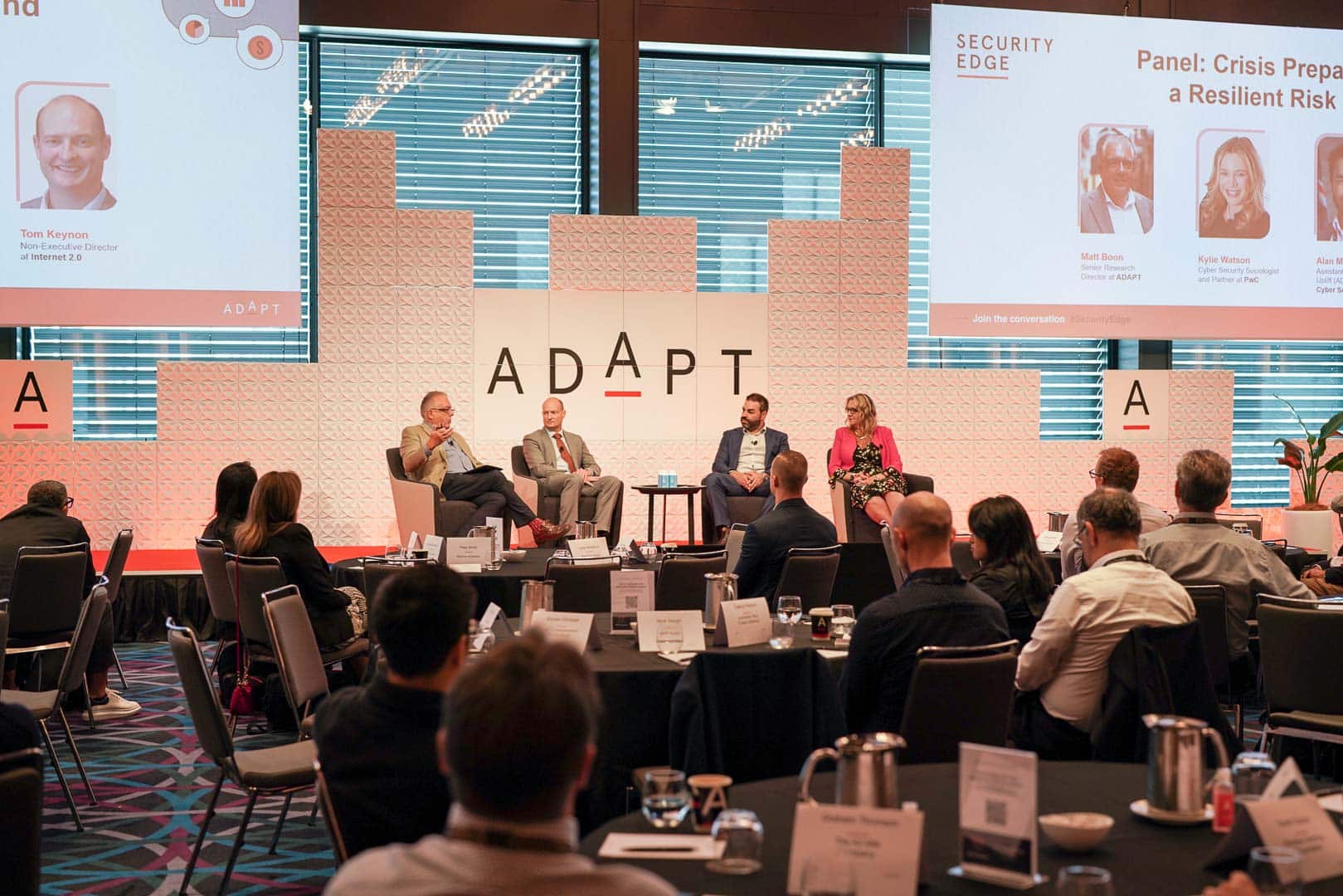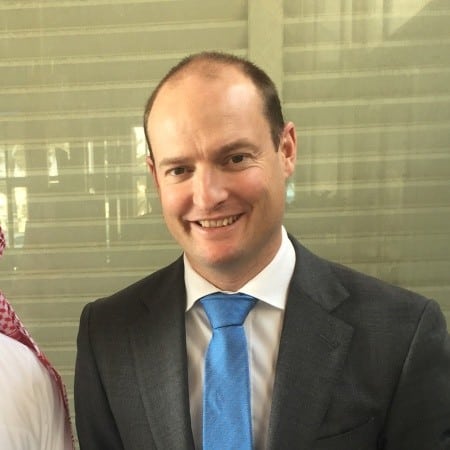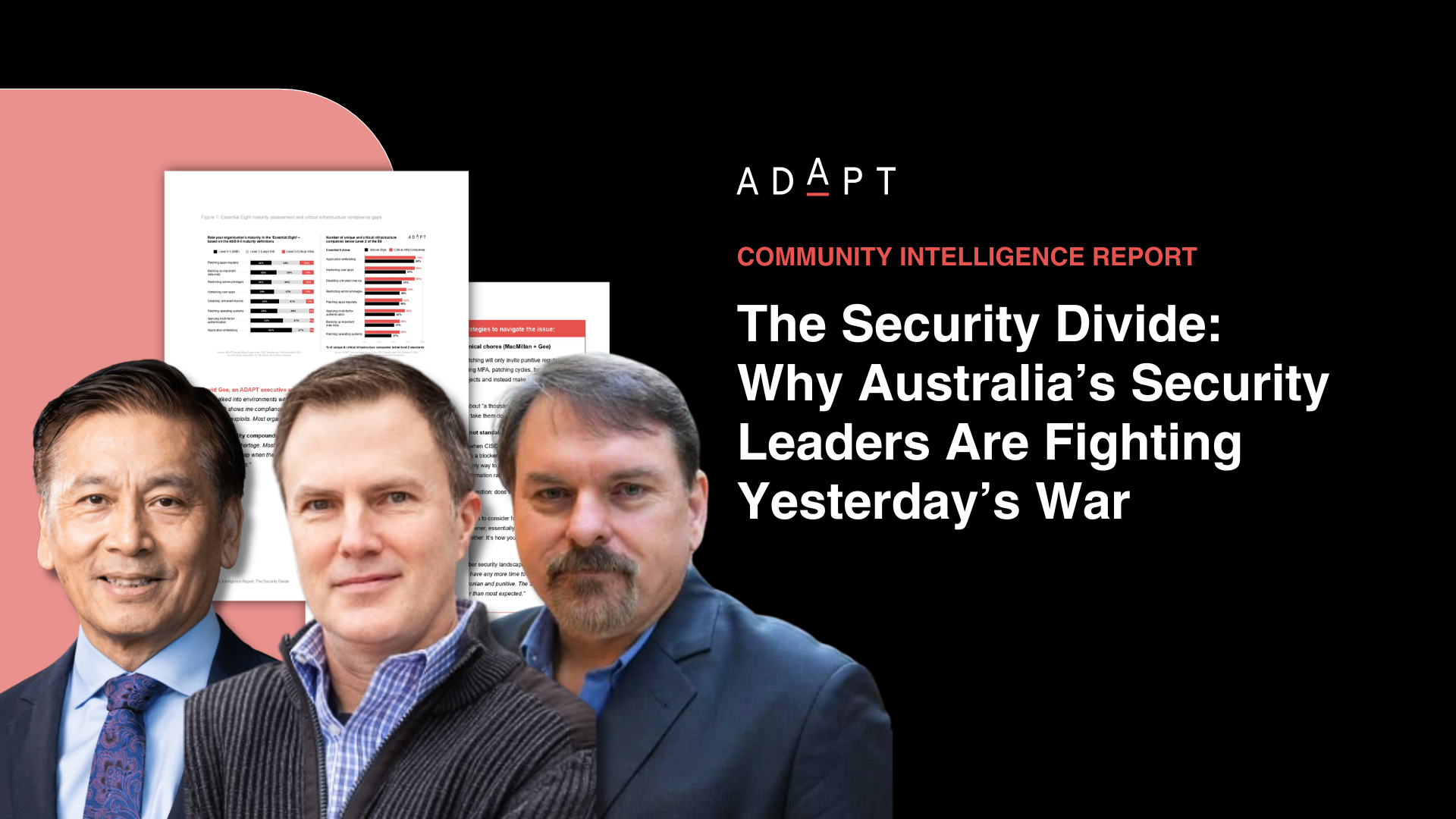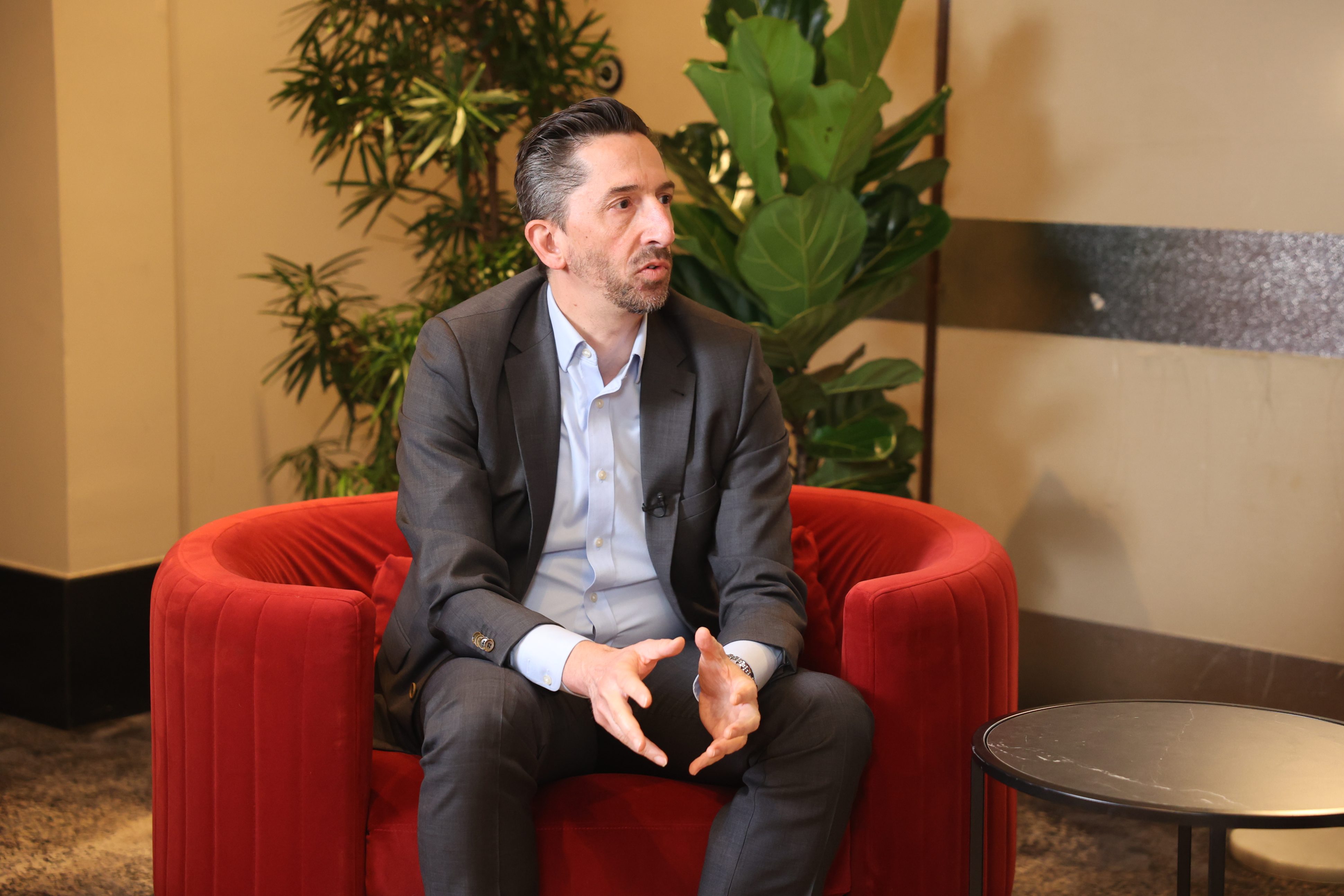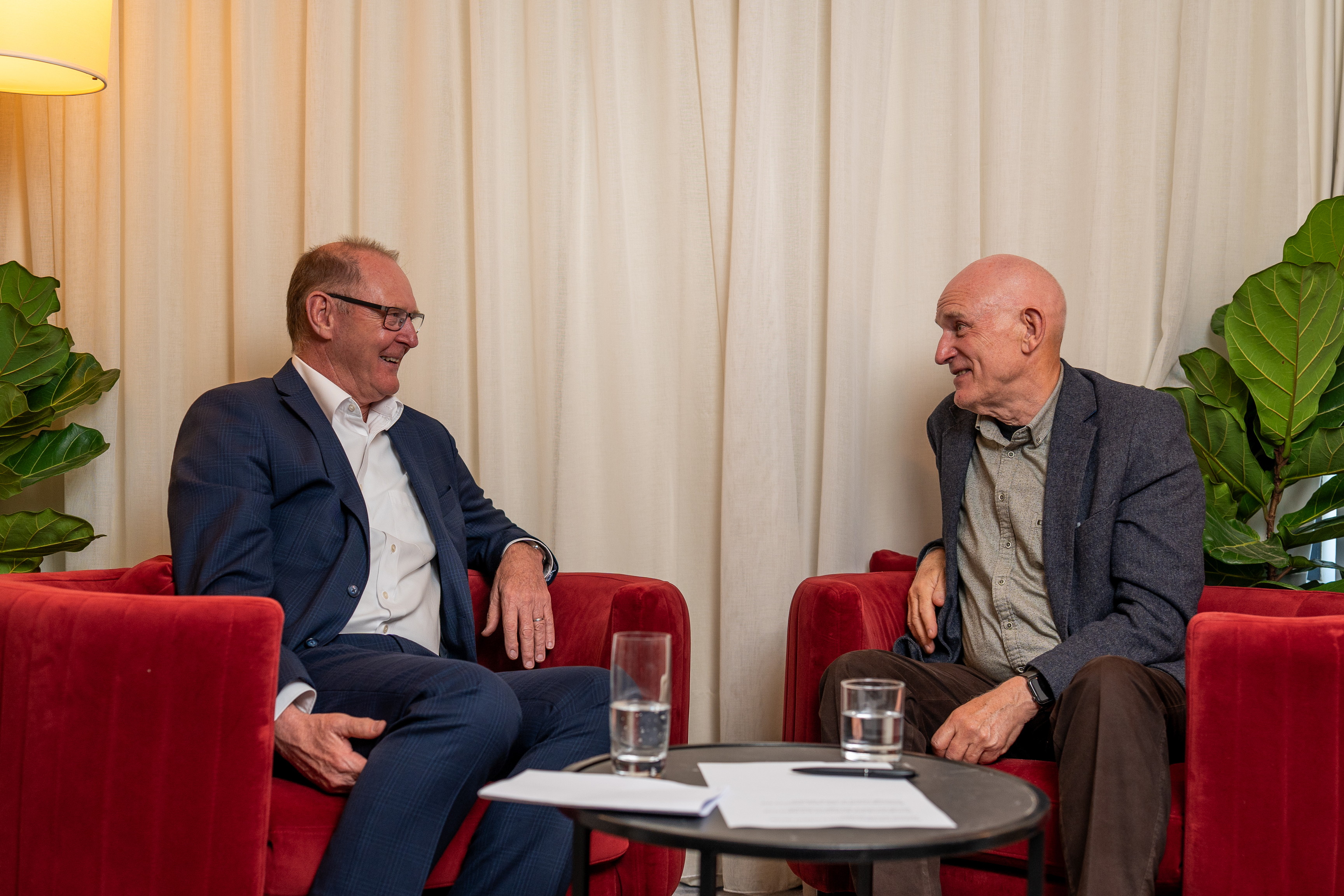Businesses must be aware and prepared for cyber attacks and collect data with caution while emphasising communication and exercise planning.
This panel, led by Matt Boon Senior Research Director at ADAPT, discusses the importance of crisis preparation and resilient risk culture.
Kylie Watson, CISO at DXC Technology and former Cyber Security Sociologist and Partner at PwC, analyses the human aspect of cyber security. Alan Marjan, Assistant Director-General Cyber Uplift (ADGCU) at Australian Cyber Security Centre discusses managing vulnerabilities, and Tom Kenyon, Non-Executive Director at Internet 2.0, talks about individual and national defence responsibilities.
Government and individuals need to align to create a successful approach to cyber security. The importance of trust and communication in managing cyber risks cannot be overestimated. This is reflected in the Sovereign Citizen movement’s rise which has caused significant distrust towards government.
Collecting too much data and treating sensitive data inappropriately poses severe risks. It is vitally important to thwart reconnaissance efforts and clean up networks after a ransomware attack. Check for bias when profiling and preparing against potential cyber threats and address complacency issues after a cyber breach.
Key Takeaways:
- Breaches occur every day. Cyber breaches are best managed with a holistic approach. Not only do these organisations bring their Board with them, but they also bring their customers and consumers.
- There is one thing all ransomware attacks have in common: reconnaissance. Find out what servers you are running and the software behind them on your network. Our main product, the patented firewall, relies on the fact that we can defeat scanning programs.
- Data breaches will not necessarily have immediate impacts. Understanding and reinforcing that is a national issue at all levels, from businesses to individuals to government.





















